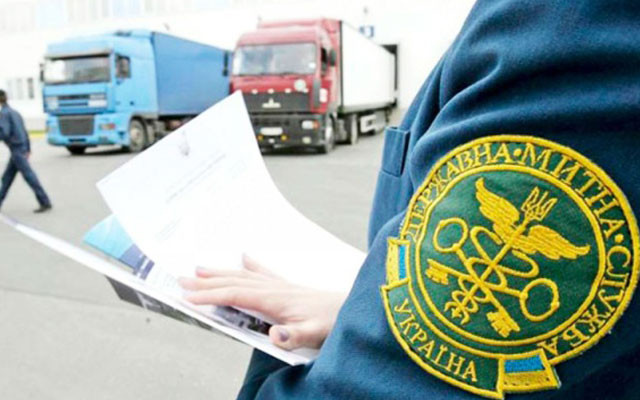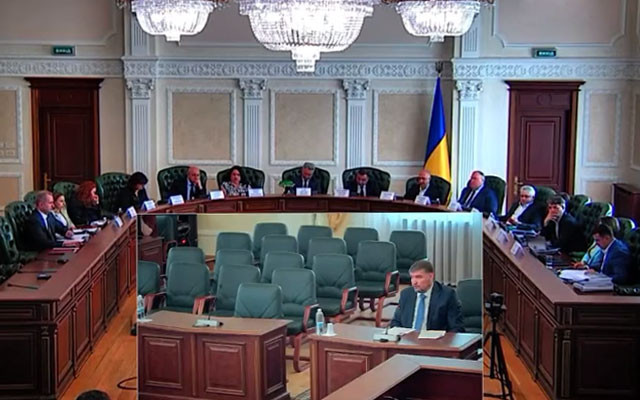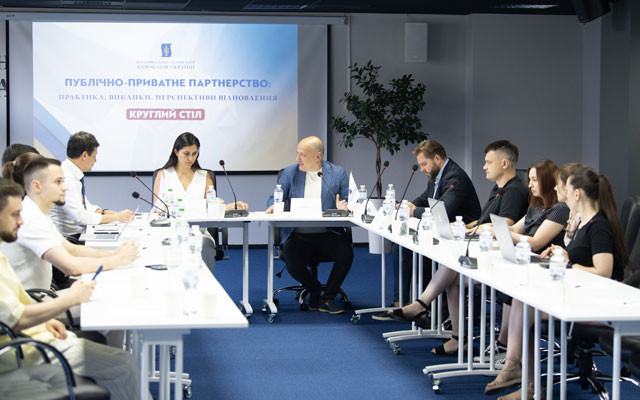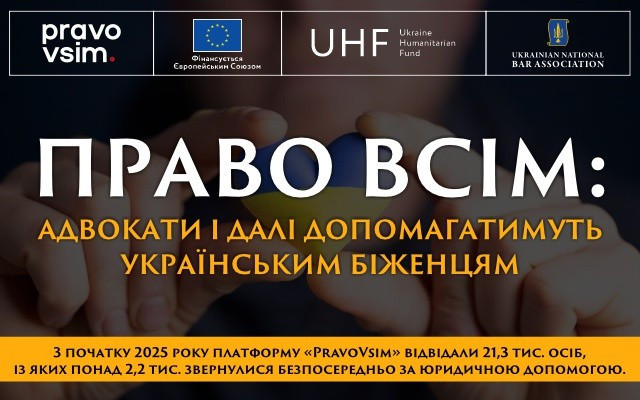DIC and customs control: advocates warn against the risks of draft law No. 13421

Ukrainian defense companies face bureaucratic delays in importing components, which could critically affect the timing of government contracts. At the same time, the mechanism proposed in the Verkhovna Rada creates risks that could outweigh the potential benefits for the industry.
The shortcomings of draft law No. 13421 of 25 June 2025 «On amendments to Section XXI «Final and transitional provisions» of the Customs Code of Ukraine regarding support for defense industry enterprises» were examined by the Committee on customs and tax law of the Ukrainian National Bar Association.
In order to support and stimulate the development of enterprises in the defense industry, as well as to ensure the proper and uninterrupted supply of defense goods to the defense forces, the draft proposes to determine:
1) a list of entities to which the simplifications specified in this paragraph are granted;
2) a list of customs procedures under which goods intended to support enterprises of the defense-industrial complex are subject to simplifications in customs formalities;
3) specific features of the application of Articles 73-1 and 73-2 of the Customs Code;
4) the establishment of the period of validity of authorisation for placing goods under customs import procedures (in terms of the end-use procedure), processing in the customs territory, processing of goods outside the customs territory, taking into account the time limits for operations with goods under the relevant customs procedure;
5) the possibility of conducting conformity assessment measures for the entities specified in the first paragraph of paragraph 9-49, criteria and/or conditions for granting authorization, at the workplaces of customs officials without visiting the premises of the enterprise.
The UNBA pointed out that the proposed changes are based on transforming authorization from a serious administrative procedure into a formality. The standard authorization procedure includes a detailed analysis of the enterprise's financial capacity, its production capacity, internal control system, and ability to ensure the traceability of goods. This is critical for dual-use goods, which account for a significant share of defense industry imports.
Advocates warn that replacing this procedure with «authorization based on a declaration» effectively means that any company on the defense industry list will be able to access complex customs procedures simply by submitting a declaration. This is not simplification — it is dismantling a key element of the risk management system, according to the UNBA’s relevant committee. The provision prohibiting visits to enterprise facilities is particularly alarming. Physical verification is the basis of customs control worldwide, especially for high-risk operations. Its abolition creates opportunities for «paper» companies that can gain access to the OPC list but do not have real production capacities.
The combination of a non-transparent list of defense companies and weakened customs control creates conditions for tax evasion and smuggling. According to advocates, one possible risk scenario could be as follows: a company is created which, through corrupt connections, is included in the list of defense companies. This company begins to import consumer goods (electronics, cars, luxury items) under the guise of components for the production of military equipment, using the end-use or processing regime.
Since customs authorities are deprived of the right to verify the reality of the production process, such goods can freely enter the domestic market, bypassing proper taxation.
Even more dangerous is the risk of these channels being used to smuggle dual-use goods. The lack of effective control could lead to a situation where critical technologies or components end up in the hands of unauthorized end users.
The full UNBA proposals and conclusions on draft law No. 13421 can be found at link.
Popular news

Guarantees of the practice of law
BCU reports interference by a member of the High Council of Justice in the activities of a lawyer and submits officia…
The Bar Council of Ukraine, having considered the statement of advocate Oleksandr Vikhrov, established the fact of interference by Roman Maselko, a member of the High Council of Justice, in the advocacy activities, violation of attorney-client privilege, and exceeding his powers in evaluating a candidate for the position of judge.

Self-government
BCU selected candidates for membership of the Competition Commission for the selection of members of the HQCJ
In accordance with Article 95-1 of the Law of Ukraine «On the judicial system and status of judges», the Bar Council of Ukraine proposed three candidates to the High Council of Justice for consideration as members of the Competition Commission to conduct a competition for the position of member of the High Qualification Commission of Judges of Ukraine under the BCU quota.

Legislation
DIC and customs control: advocates warn against the risks of draft law No. 13421
Ukrainian defense companies face bureaucratic delays in importing components, which could critically affect the timing of government contracts. At the same time, the mechanism proposed in the Verkhovna Rada creates risks that could outweigh the potential benefits for the industry.

Discussion
Partnership for reconstruction: UNBA discusses new law on PPPs
Public-private partnerships are considered one of the key tools for Ukraine's recovery, but in practice, their mechanisms remain complex, poorly understood, and often ineffective.

Guarantees of the practice of law
Defended police officers — ended up in the army: advocate mobilized while performing his duties
An advocate specializing in defending the rights of law enforcement officers and who had repeatedly won cases against the police was mobilized while performing his professional duties. The day before, a report appeared in the Oberig registry stating that he had violated military registration rules, and his current deferral was canceled. The advocate was detained, taken to the TCC and the SS, beaten and sent to a military unit.

Support
Ukrainians will be assisted in submitting applications to the RD4U damage registry
Ukrainians who have suffered damage as a result of Russian aggression can receive free assistance in preparing applications to the Register of Damage for Ukraine (RD4U). This support is being provided by the legal platform PravoVsim.

Announcements
The BCU has begun accepting documents from candidates for the Competition Commission for the selection of members of the HQCJ
The Bar Council of Ukraine announces the start of accepting documents from candidates who wish to be elected to the Competition Commission for the selection of members of the High Qualification Commission of Judges under the BCU quota.

Legislation
Venice Commission warned of risks of changes to disciplinary procedures for Ukrainian judges
The European Commission for Democracy through Law (Venice Commission) and the Council of Europe Directorate for Human Rights and Rule of Law are preparing an assessment of draft laws concerning the judicial system and the status of judges in Ukraine.
Publications

Ihor Kolesnykov A BRIEF SUMMARY REGARDING THE APPLICATION OF THE ORDER ON EXTENDED CONFISCATION IN LATVIA REGARDING FINANCIAL ASSETS OF…

Valentyn Gvozdiy WORKING IN A WAR ZONE

Lydia Izovitova Formula of perfection

Sergiy Vylkov Our judicial system is so built that courts do not trust advocates

Iryna Vasylyk Advocacy in the proclamation of Independence of Ukraine

Oleksandr DULSKY When we cross the border of the Supreme Anti-Corruption Court, we get into another department of the National Anti-Corruption…

Vadym Krasnyk The UNBA will work, and all obstacles and restrictions are only temporary inconveniences

Lydia Izovitova Interview with Lydia Izovitova on the occasion of the 8th anniversary of the founding of UNBA: We are the voice of t…
